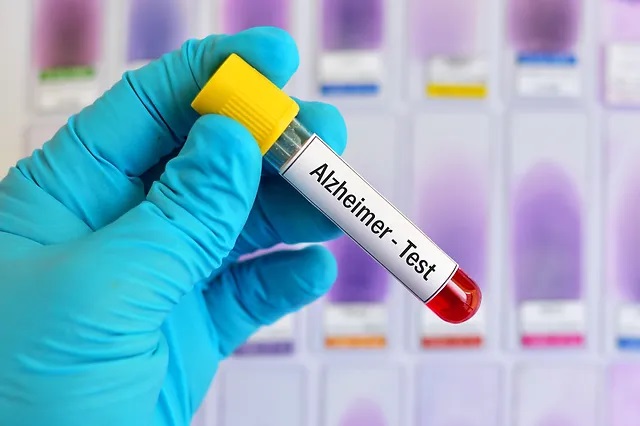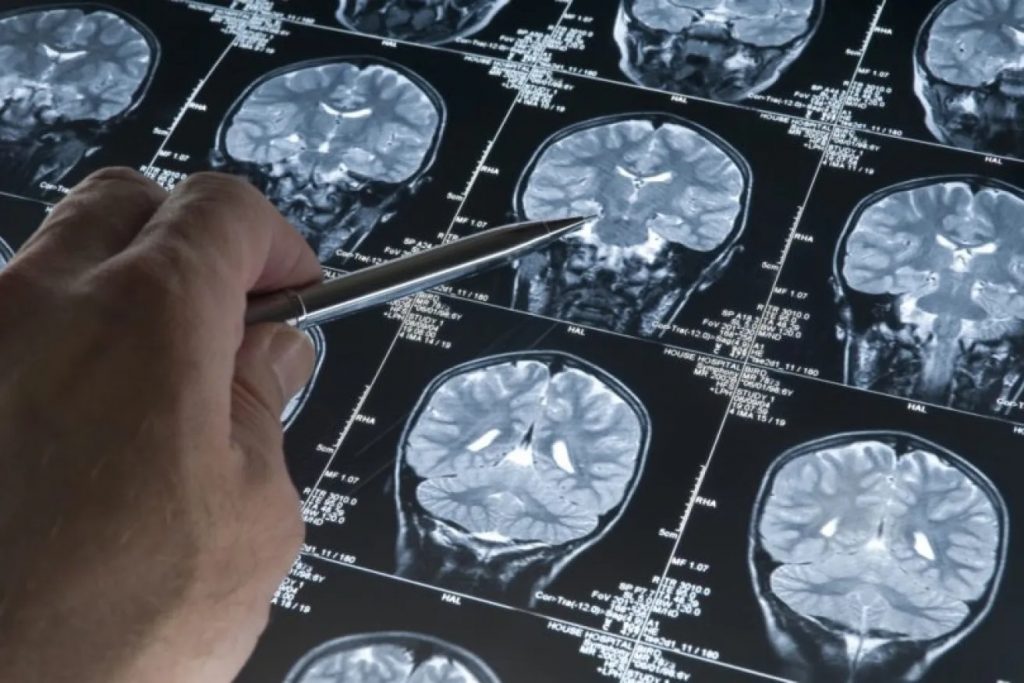
Scientists at University College London suggest that an unusual medical treatment withdrawn in the mid-1980s may have led to a few extremely rare cases of Alzheimer’s disease.
The research team has investigated five cases connected to injections of human growth hormone obtained from deceased donors.
The study’s findings do not imply that Alzheimer’s disease is contagious, as it cannot be transmitted through contact with affected individuals.
However, it is possible that the disease could be “seeded” or transmitted to the brain through specific procedures.
All individuals in the study had received cadaver-derived human growth hormone (c-hGH) during childhood, which was contaminated with brain proteins associated with Alzheimer’s disease.
The study does not suggest any risk of transmission through routine medical or social care, as the growth hormone treatment is now produced synthetically.
The contaminated c-hGH was administered to approximately 1,848 people in the UK between 1959 and 1985.
Its usage ceased after it was discovered that some batches were contaminated with a different type of infectious protein, leading to a rare and fatal brain condition known as Creutzfeldt-Jakob disease (CJD).
The latest research, published in Nature Medicine, indicates that Alzheimer’s-related amyloid protein might be unintentionally spread during medical procedures, similar to CJD transmission.
Lead author Prof John Collinge emphasized that there is no indication that Alzheimer’s disease can be transmitted through daily activities or routine medical care.

Dr. Richard Oakley of Alzheimer’s Society stated that there is no need for concern among the general population regarding health risks.
Prof Bart De Strooper from the UK Dementia Research Institute at UCL emphasized the importance of not avoiding necessary medical procedures based on these findings.
The study, published in Nature Medicine, examined eight individuals treated with c-hGH during childhood, with five exhibiting symptoms of dementia linked to Alzheimer’s disease.
These individuals developed neurological symptoms at a notably young age, suggesting a deviation from the typical onset associated with Alzheimer’s disease in older individuals.
Source-BBC





